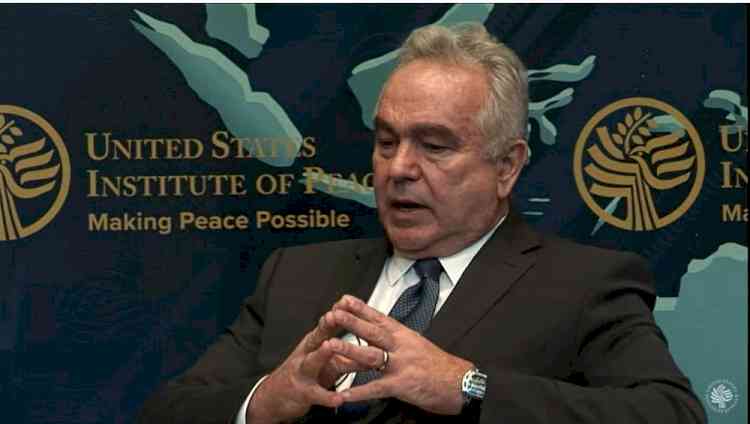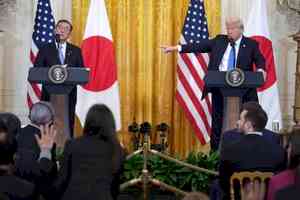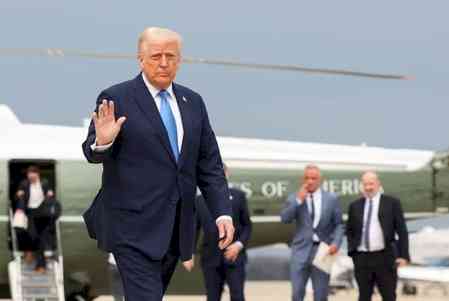US alliances with S. Korea and others causing China 'heartburn': Campbell

Washington, Nov 20 (IANS) The US strengthening its alliances with South Korea and other countries is causing China "heartburn," National Security Council Coordinator for the Indo-Pacific, Kurt Campbell said.
His remarks came on Friday after US President Joe Biden and Chinese President Xi Jinping held their first summit on Monday.
"I think it would be fair to say at the virtual meeting, President Xi made very clear that a number of things that the United States is doing cause China some heartburn," Campbell said in a virtual forum hosted by the US Institute of Peace, a state-run think tank based in Washington.
"And I think at the top of that list is our reinforcing and revitalising our bilateral security alliances with Japan, with South Korea, with Australia, the Philippines and Thailand," he added.'
The US has emphasised the importance of working with its allies and partners in tackling regional and global challenges that it says include maintaining a rules-based order in the Indo-Pacific, Yonhap news agency reported.
While Washington insists its efforts to maintain stability in the Indo-Pacific does not target any one specific country, many believe such efforts clearly point to China, putting pressure on US allies in the region.
National Security Advisor Jake Sullivan earlier said US alliances with countries, including South Korea, had allowed the US president to engage with his Chinese counterpart from a position of strength.
"He (Biden) has strengthened our alliances with the Republic of Korea and Japan, so that they are as strong as they have been in the history of those two alliances. That's the context for the meeting last night that is the strategic environment into which President Biden walked," Sullivan said.
South Korea's First Vice Foreign Minister Choi Jong-kun has said the ongoing rivalry between the US and China places South Korea in a difficult situation, noting South Korea's trade volume with China is "larger than our trade volume with the US and Japan put together."


 IANS
IANS 








